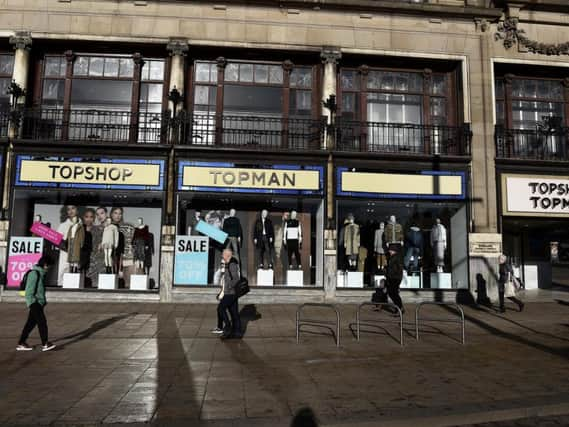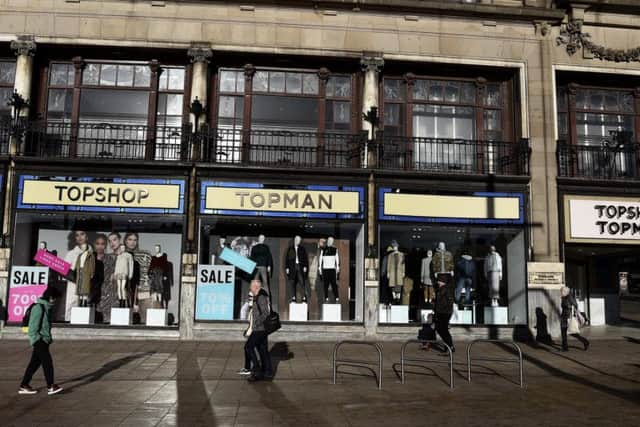UK teetering on brink of recession as economy shrinks


Gross Domestic Product (GDP) fell by 0.2 per cent between April and June, according to the Office for National Statistics (ONS).
The economy was weaker than both market expectations and the Bank of England's latest forecasts, which had pointed to flat growth in the quarter.


Advertisement
Hide AdAdvertisement
Hide AdRob Kent Smith, head of GDP at the ONS, said: "GDP contracted in the second quarter for the first time since 2012 after robust growth in the first quarter.
"Manufacturing output fell back after a strong start to the year, with production brought forward ahead of the UK's original departure date from the EU.
"The construction sector also weakened after a buoyant beginning to the year, while the often-dominant service sector delivered virtually no growth at all."
The contraction compares to 0.5 per cent growth in the previous quarter, when the highest quarterly pickup in manufacturing since the 1980s was recorded.
The ONS said companies had been building up additional goods in the first quarter in anticipation of a March Brexit.
But with the original deadline later called off in favour of an October exit, firms which spent the first three months of the year stockpiling look to have been using up their stores before building up new reserves.
Labour MP David Lammy tweeted: "Two weeks into Boris Johnson's hard Brexit government and we are now officially halfway towards a recession. Struggling families, schools, hospitals and other vital services will suffer unless we change course."
Production output fell by 1.4 per cent, with manufacturing showing a 2.3 per cent decline.
Advertisement
Hide AdAdvertisement
Hide AdThe sector was also weighed down by a drop in transport equipment, which was 5.2 per cent lower due to annual car factory closures being brought forward from summer to April, as companies planned for possible Brexit disruption.
Construction output was also weaker, falling by 1.3 per cent.
This compared with a 1.4 per cent increase in the first quarter, with the quarterly decline largely reflecting a 6 per cent drop in repair and maintenance work.
The services sector, which is usually the main driver of Britain's economic growth, had its weakest quarter for three years, climbing 0.1 per cent.
In comparison with the same quarter a year ago, GDP was up 1.2 per cent.
The ONS data dump also showed that the UK's trade deficit narrowed by £16 billion to £4.3bn in the quarter, as the level of imported goods declined following sharp rises in the first three months of the year.
In response to the figures, Chancellor Sajid Javid said: "This is a challenging period across the global economy, with growth slowing in many countries. But the fundamentals of the British economy are strong - wages are growing, employment is at a record high and we're forecast to grow faster than Germany, Italy and Japan this year.
"The Government is determined to provide certainty to people and businesses on Brexit - that's why we are clear that the UK is leaving the EU on 31 October.
"I've announced an accelerated spending round so ministers can focus on delivering Brexit, while also delivering the investment we promised on priority areas like schools, police and our NHS."